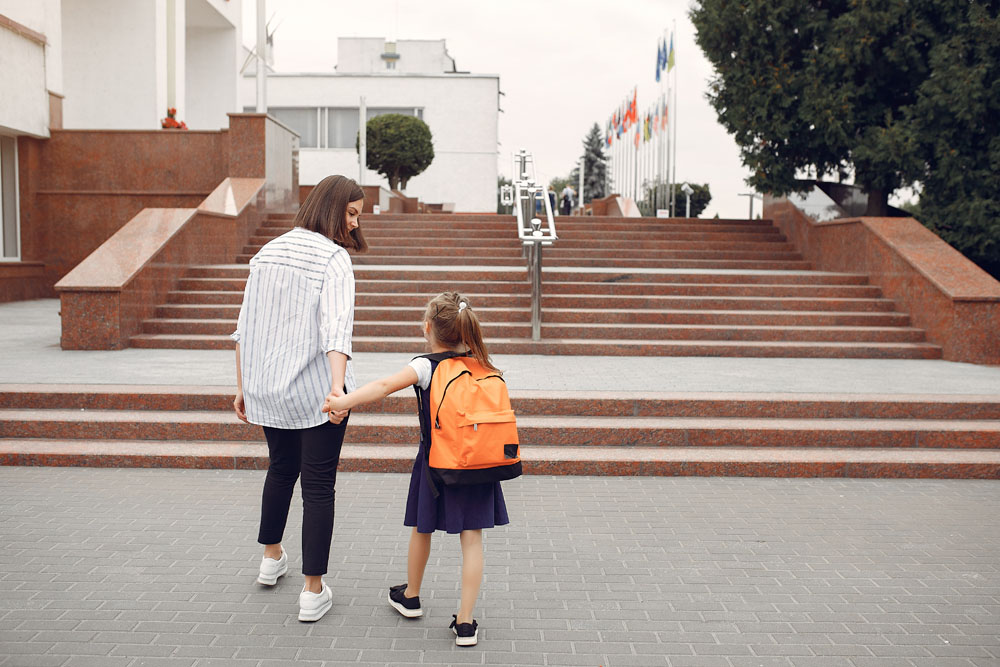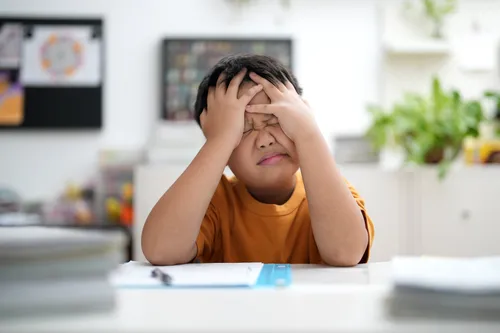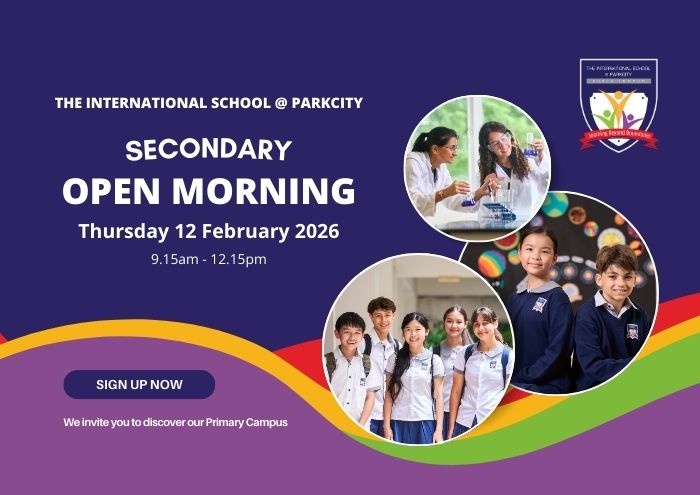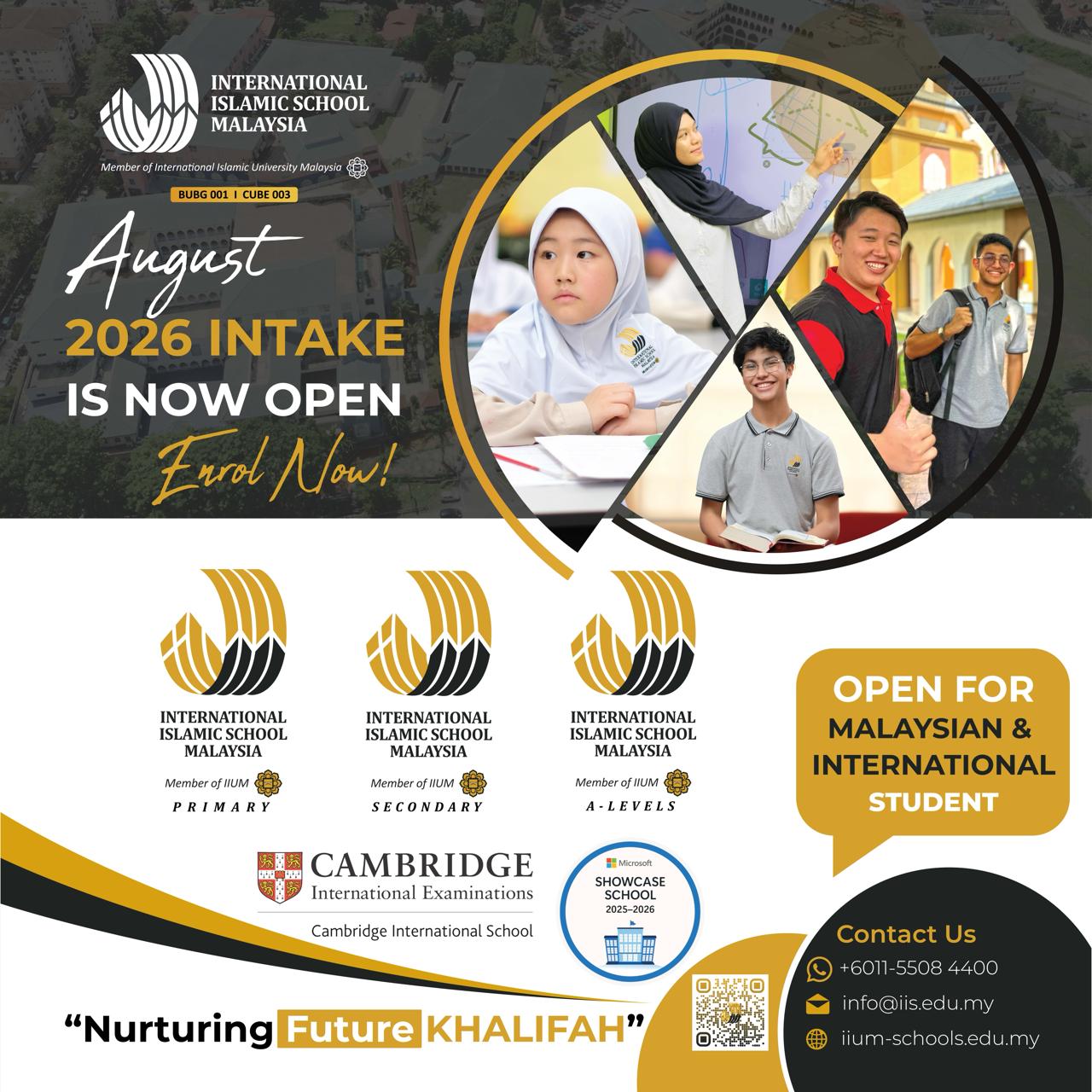
1. A curriculum that develops lifelong learners
The Victorian Curriculum equips students with knowledge and skills that enable them to be lifelong learners. Students are taught to be well-informed and aware of what is going on around them so that they can play their part as citizens of the world and their communities. The curriculum also places importance on social and emotional development alongside academic excellence. The subjects taught in the Victorian Curriculum are the Arts, English, Health & Physical Education, Humanities, Languages, Mathematics, Science and Technologies.
2. Four themes/capabilities are integrated in the curriculum
All subjects from Foundation to Year 10 are integrated with four important themes and capabilities. They are creative and critical thinking capability, being able to apply what has been studied; ethical capability, the development of moral values; intercultural capability and a sensitivity to and empathy with minorities; and personal and social capability; which is related to self-confidence, self-esteem and interpersonal skills.
3. Victorian vs other Australian Curricula
The Victorian Curriculum is administered by the Victorian Curriculum and Assessment Authority (VCAA). There are minor variations between states and territories in how the curriculum is structured. The Victorian Curriculum is structured across levels of achievement rather than years of schooling. Also, a student is assessed through standards, which are what the students are capable of doing at each level. These levels and standards are applied to students from Foundation to Year 10.
4. Examinations
Generally, schools that offer the Victorian Curriculum will set mid-year and end of year examinations in levels 9 and 10, and Year 11. However, it is up to the individual schools when they would like to run examinations. In addition, students in Years 3, 5, 7 and 9 have to sit for The National Assessment Programme – Literacy and Numeracy Testing (NAPLAN). Students who study a unit 3 or unit 4 subject also need to sit for The General Achievement Test (GAT), a written general knowledge examination.
5. Culminates in the Victorian Certificate of Education
The Victorian Certificate of Education (VCE) is granted to students who complete 16 units, three of them being English. A subject has four units and each unit has a range of topics that students will learn from. Students have to complete these units in Years 11 and 12 of the Victorian Curriculum. The VCE is equivalent to two A Levels and three GCSE subjects. It is a recognised qualification to enter universities or seek employment in Australia.
Looking for an international school that offers the Victorian Curriculum? Use the powerful School Finder now!
You may also be interested to read:
- 5 Things You Should Know About the American Curriculum
- 5 Things You Should Know About the British Curriculum
- 5 Things You Should Know About the Cambridge International Curriculum
- 5 Things You Should Know About the International Baccalaureate Primary Years Programme (IB PYP)
- 5 Things You Should Know About the IGCSE in Malaysia
- 5 Things You Should Know About the Ontario (Canada) Curriculum
- 5 Things You Should Know About the Victorian Curriculum (from Australia)















![[Maahad Tahfiz Negeri Pahang] Asia Youth International Model United Nations](https://mint-edm.sgp1.digitaloceanspaces.com/production/qKffTsfZisDxO4b6kcejusAA7mWWgL.jpg)





















